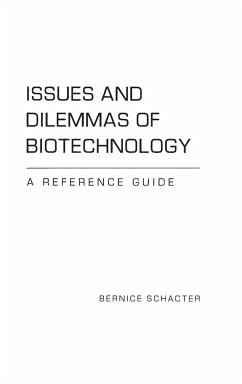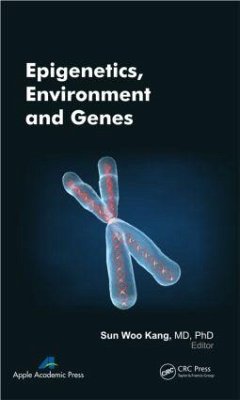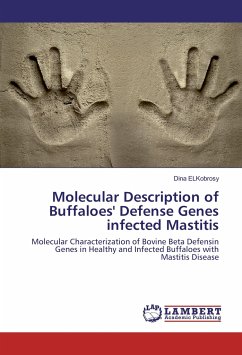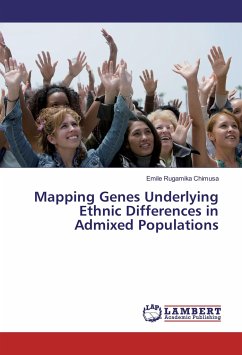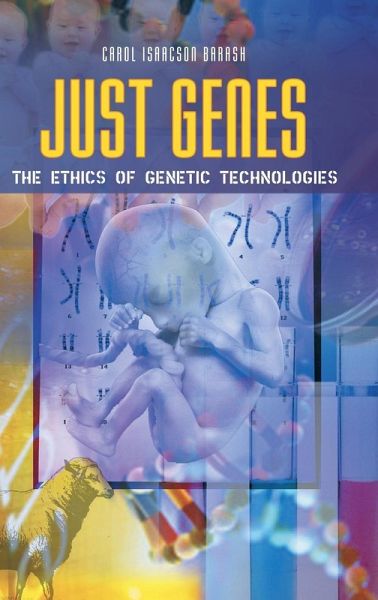
Just Genes
The Ethics of Genetic Technologies

PAYBACK Punkte
31 °P sammeln!
Advances in genetics research, largely, though not entirely, spawned by the Human Genome Project, have led to a broad array of new technologies that promise to revolutionize life as we have known it. Medicine and agriculture are already starting to utilize new technologies to greatly improve disease prevention and treatment and food production. Yet, these improvements often raise ethical questions that are not easy to untangle. Some have gone as far to as to argue that certain applications, such as embryonic stem cell research, threaten the very fiber of our moral compass. While the applicatio...
Advances in genetics research, largely, though not entirely, spawned by the Human Genome Project, have led to a broad array of new technologies that promise to revolutionize life as we have known it. Medicine and agriculture are already starting to utilize new technologies to greatly improve disease prevention and treatment and food production. Yet, these improvements often raise ethical questions that are not easy to untangle. Some have gone as far to as to argue that certain applications, such as embryonic stem cell research, threaten the very fiber of our moral compass. While the application of scientific advances to better humankind has always raised thorny ethical issues, the ethical impact of genetic advances arguably reaches a new height because the applicability of advances is exceptionally broad, deep, and potentially irreversible. To utilize such technologies could mean saving thousands of lives, but where and how do we draw the line? Here, Barash sheds light on the actual ethical concerns surrounding various types of genetic technologies, introducing readers to the competing issues at stake in the arguments about the scientific application of the new technologies available and those on the horizon. She begins by illustrating the history of genetic advances, their societal applications, and the ethical issues that have arisen from those applications. Using case studies and examples throughout, she walks readers through the various considerations involved in a variety of areas related to the application of genetic technologies currently available and possible in the future. Covering topics ranging from stem cell research to genetically modified food, genetic mapping to cloning, this book offers a thoughtful approach to the complex issues at play in the various fields of genetic technologies.





